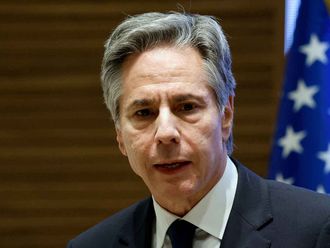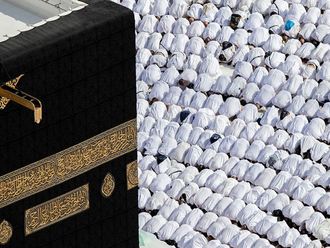Manila: The Philippine government on Saturday allayed fears of the possible entry of the deadly Ebola virus in the country amid the backdrop of reports that a Filipino seafarer in West Africa is being tested for the disease.
In a radio interview over government-run dzRB, Deputy presidential spokesperson Abigail Valte said the government has taken necessary steps to prevent the entry of the virus causing Ebola infection. She said government health personnel possesses the necessary training to handle such emergencies.
The Philippines has yet to report a single case of Ebola in the country, but reports said a Filipino seafarer in Togo, West Africa, had been undergoing observation for possible infection.
“The Department of Health (DOH) screens people who manifest symptoms and also those who travelled to countries with cases of Ebola infections. This screening process is a measure being carried out as an extra layer of precaution,” she said while referring to screenings and thermal scanning carried out on arriving passengers from countries on the watchlist for the infection.
According to the World Health Organisation (WHO), the Ebola Virus Disease (EVD) is a fatal illness that could be acquired through human-to-human transmission.
“EVD is a severe, often fatal illness, with a case fatality rate of up to 90 per cent. It is one of the world’s most virulent diseases. The infection is transmitted by direct contact with the blood, body fluids and tissues of infected animals or people,” the agency said.
Overseas workers
The Philippines counts among nations with a huge number of workers employed overseas and are working in foreign vessels, and since the alert several weeks ago, the country has activated measures to prevent the entry of the Ebola virus.
Reports had said that results of tests on the Filipino seafarer in Togo is being awaited.
Consul Charles Jose, spokesman of the Philippines Department of Foreign Affairs said the seafarer is under observation for symptoms of the disease
According to the WHO, Liberia, Sierra Leone and Nigeria are the leading African countries with a high number of reported infections.
The Philippine Department of Health (DOH) implements a very stringent testing process on people with suspected infection, Valte said. Following arrival in the country of a suspected case, the DOH monitors them for 30 days.
The Philippine Overseas Employment Administration (POEA) said aside from measures put in place by the health department, it prescribes its own guidelines to guard against the entry of Ebola into the country.
POEA administrator Hans Cacdac said part of these steps include deployment ban on newly-hired workers for Guinea, Liberia and Sierra Leone.
Labour Secretary Rosalinda Dimapilis-Baldoz for her part, said: “The guidelines are issued for our seafarers’ welfare and protection. They could be vulnerable to the EVD due to the unavoidable circumstance where they have to interact with shore-based personnel who come on board ships to perform their respective duties.”












